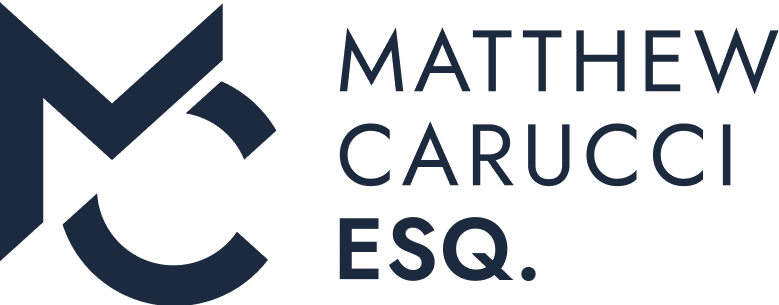
What Assets Are Exempt from Probate in Delaware?
Another common question I hear is: “Which assets don’t have to go through probate?” The answer matters, because the way your assets are titled or set up can make things much easier for your family. Certain types of property - like joint accounts, life insurance, and retirement accounts with beneficiaries - pass directly to the new owner without going through the court process. In Delaware, understanding which assets are exempt can simplify estate administration and help ensure your wishes are carried out.
The question is: what assets are exempt from probate in Delaware?
Answer: Several types of assets can avoid the probate process, including jointly owned property, accounts with beneficiary provisions, and bank accounts with payable-on-death or transfer-on-death designations.
Are Jointly Owned Assets Exempt from Probate?
Yes. The easiest category of exempt assets is jointly owned property.
For example, if a house is owned by a husband and wife, and one spouse passes away, the house doesn’t necessarily go through probate. It passes directly to the surviving spouse. The same is true for a jointly owned bank account - the surviving owner inherits the account outside of probate.
Do Insurance and Retirement Accounts Avoid Probate?
Yes. Assets with beneficiary provisions usually transfer directly to the named person and avoid probate. These include:
- Life insurance policies
- Retirement plans
- IRAs
- Some pension plans
When you open these accounts, you’re usually asked to name a beneficiary. If you haven’t, it’s simple to request the forms from your plan administrator or insurance company.
Can Bank Accounts Be Made Exempt from Probate?
Yes. In addition to joint ownership, you can add a payable-on-death (POD) or transfer-on-death (TOD) designation to a bank account.
Are There Other Assets That Might Be Exempt?
There may be other types of assets that can be exempt from probate depending on how they’re titled. That’s why it’s important to review the full list of assets and check how each one is owned.
In some cases, changing ownership or adding a designation can make the process much simpler later on.
Why Is It Important to Plan for Probate?
By putting a plan in place, you can reduce the number and value of assets that go through probate. That helps ensure those assets pass to exactly the people the decedent wanted.
Reviewing the whole picture with an attorney - the house, bank accounts, investments, insurance policies, personal property - can give peace of mind that everything is set up the right way.
Need a Lawyer in Delaware?
Knowing what assets are exempt is just the first step. The next is making sure your own estate plan is set up the right way, so your family isn’t left with surprises. If you’re in Wilmington or anywhere in Delaware, I can walk you through your options, review your assets, and put the right plan in place to simplify things for your loved ones.






